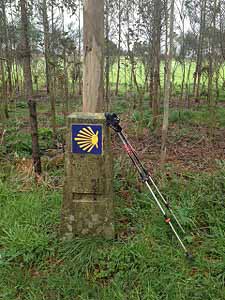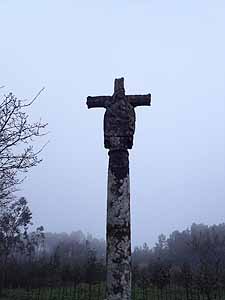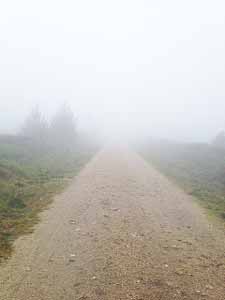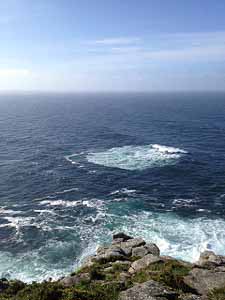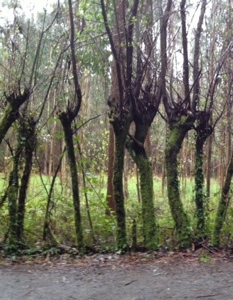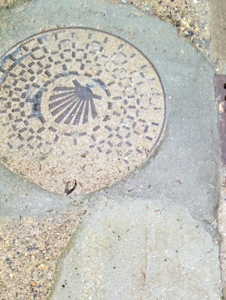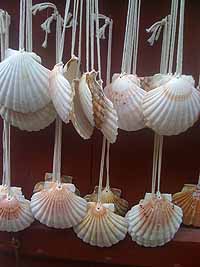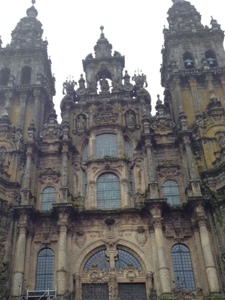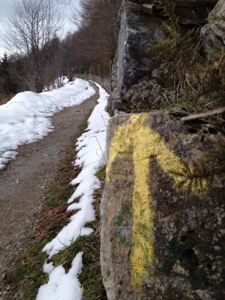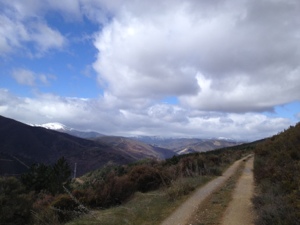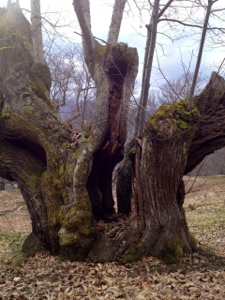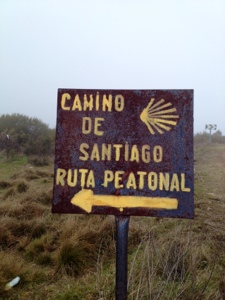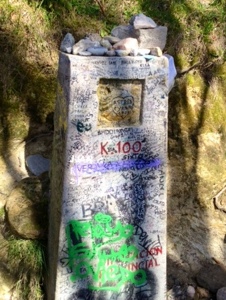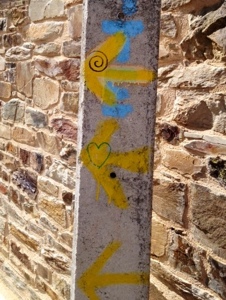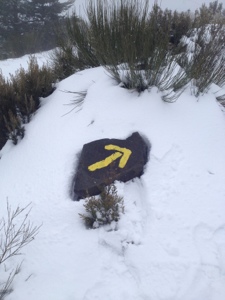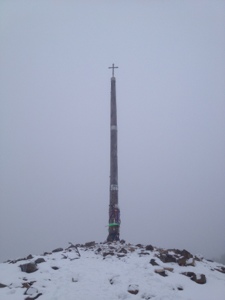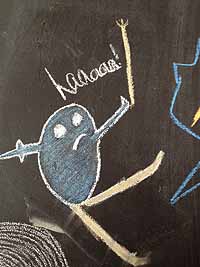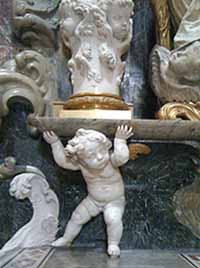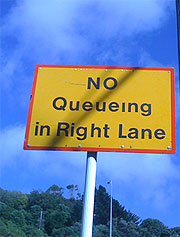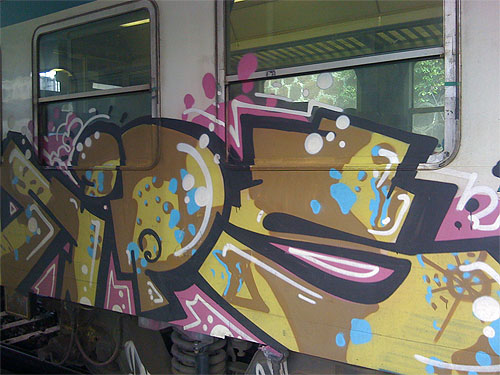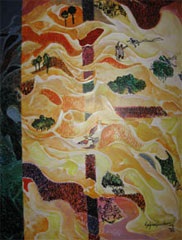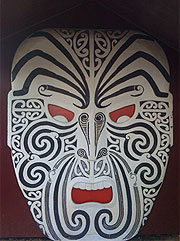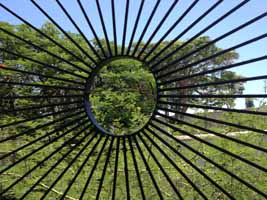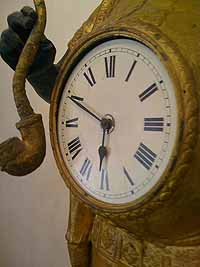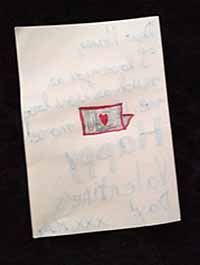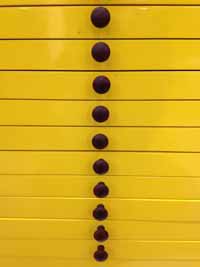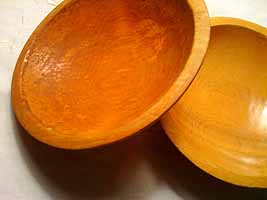Framed Expectations
I found myself talking to her the way my father talked to me when I applied to a popular, lauded university. Delighted, perhaps, that I had the ambition, he wondered – or more likely, worried – if I had the grades and the scores necessary to be accepted. He didn’t discourage me from applying, but he initiated several conversations in which he tried to put in perspective my real chances of getting in. He marveled at the highly competitive quality of the applicant pool and how pleased he was that I was a member of it, but success couldn’t be assumed.

“You’ll learn a lot about yourself by trying,” he said, “that’s just as important.”
He didn’t want me not to try. He just didn’t want my hopes to be so high that a rejection would make me fall too low.
“It’s a different ballgame this year,” I said to Short-pants, “You’ll be among the youngest in an older age category, and the word list is much harder than last year’s.” She nodded, acknowledging that this year would be a bigger challenge. Not that I wanted to discourage her. I just wanted to put a frame around her expectations.
This was her fourth foray into the world of competitive spelling. The last three of which she passed the first hurdle – the written exam – to be among the finalists in the oral competition. One year she tied for third, with a number of other spellers. Last year she went out early, much to her dismay, on a word she’d studied but in the moment, its correct spelling escaped her. She knew it was a sloppy mistake. I heard her beating herself up about it, just the way I punish myself. Days after that loss: “I knew that word. I should have gotten it.”
When the study list was distributed to finalists at the end of February, I was stunned by the difficulty of 400+ words she had to learn to spell. On the drive to our country house – it was winter break – I quizzed her. There were words she’d never encountered before. She had no idea what they meant, let alone how to spell them out. At least half of the words didn’t even seem English to me. It went far beyond sharing a common Greek or Latin root, some of the words seemed simply borrowed from German, Dutch, Arabic, various Asian and Slavic languages. Words like prabhu, issei, kirtle, odori, tokamak, zeitgeber and muishond. What are they doing in an English language spelling bee?
I guess our language has been hospitable to so many others, or emerged from so many others, that these “foreign” words are in the Oxford and 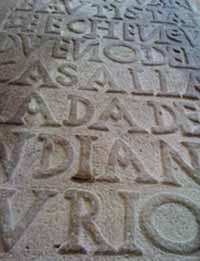 Webster dictionaries and therefore, officially English. So Short-pants dutifully learned them.
Webster dictionaries and therefore, officially English. So Short-pants dutifully learned them.
We got some clues from watching Akeela and the Bee, a movie about an inner city girl with a knack for spelling. She’s persuaded to enter a contest, and advances to the US national championship spelling competition, which is such a big deal that it’s broadcast on ESPN. Knowing the origin of the word can give you clues about how to spell it. Each language has its characteristics, like a ph for the f sound, or a predilection toward double vowels. In this way, Short-pants learned to suss out the spelling of a word she didn’t know by asking for its origins. This paid off at the end of the bee, when the pronouncer started using words that weren’t from the original study list. That happened when there were five spellers left, out of twenty who started. Short-pants was among them.
The spellers weren’t required to know the definition of the words, not yet anyway, but it’s good to try to learn the meanings of the words. It’s allowed, during the competition, to ask for the definition, and that can jog the memory about how to spell it. Short-pants didn’t manage to learn the meaning of every word on the extensive list, but we did add a few interesting words to her vocabulary. One of her favorites was the word sitzmark, a depression made in the snow by a skiier falling backwards. We also pondered over schadenfreude, a melodic word with a bittersweet meaning: pleasure derived from the misfortune of others.
The whole thing was a nail-biter. Every time Short-pants stepped up to the microphone, I had to reach over and squeeze Buddy-roo’s hands. The pronouncer would address her: “Your word, nemesis.” And she would spit out each letter, deliberately, succinctly and with assurance.

One by one, the participants approached the table of judges and were given a word to spell. It was impossible not to develop an affection for every one of them, each with their own quirky way of standing at the front and spelling out the words assigned, like the tallest speller, who had to adjust the mic to his height every time, the girl in the skirt with the confident voice, the boy who flashed a smirky smile at this parents as he stood up from his seat. Just as in previous years, I found myself holding my breath for each one, on one hand rooting for them to get it right, on the other hand, experiencing a twisted schadenfreude of knowing that as they misspelled a word, eliminating them from the competition, this meant Short-pants might actually have a chance.
She’d studied a lot. I went off to finish the Camino, wondering how she’d tackle that long list of ferocious words. When I returned, she’d conquered the list. On the day before the bee, I quizzed her on every single word. She missed only a handful and we’d reviewed those on the metro on our way to the event. Given how many she’d missed on that first read-through in the car, a month before, her achievement was impressive.
And then there were three. Short-pants actually already had a chance to win twice, when the other spellers before her missed their words, so if she’d gotten her word right, and then spelled another word correctly, she’d win. Each time her eyes would widen, realizing the possibility of a victory. Then she’d miss a word, which didn’t eliminate her from the bee, but meant that all three were back in the running again. I was on the edge of my chair in the audience, marveling at how she kept her poise. She’d recover and come back spelling with gusto. And eventually, after 29 rounds, she got the word right when the other two didn’t, and went on to spell that last, winning word – in this case mnemonic – to become the 2013 champion of the Paris France English language spelling bee.
Later at the closing ceremony, she was presented with an enormous trophy. The look on her face was pure glee. Cheered on to do so by the audience, 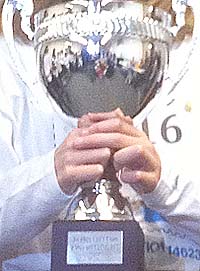 she raised the huge silver cup high in the air over her head and looked as pleased and proud as I’ve ever seen her. I felt bad that I’d doubted her chances. Until I remembered what it was like when – miraculously, because it really was a long shot – I was accepted at that hard-to-get-into university, and I could tell my father. It was sweet moment, not defiant or I-told-you-so, but rather, I had the feeling I could actually reassure him with my news. Not only would he celebrate with me, but he might worry about me just a little bit less. Short-pants shot me an I-did-it look, and I knew just exactly how she felt.
she raised the huge silver cup high in the air over her head and looked as pleased and proud as I’ve ever seen her. I felt bad that I’d doubted her chances. Until I remembered what it was like when – miraculously, because it really was a long shot – I was accepted at that hard-to-get-into university, and I could tell my father. It was sweet moment, not defiant or I-told-you-so, but rather, I had the feeling I could actually reassure him with my news. Not only would he celebrate with me, but he might worry about me just a little bit less. Short-pants shot me an I-did-it look, and I knew just exactly how she felt.

